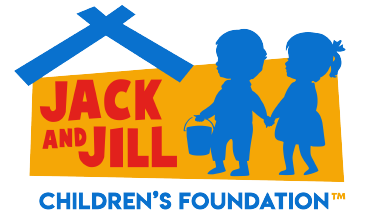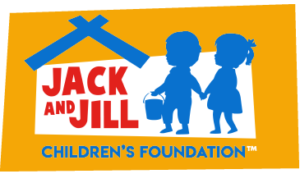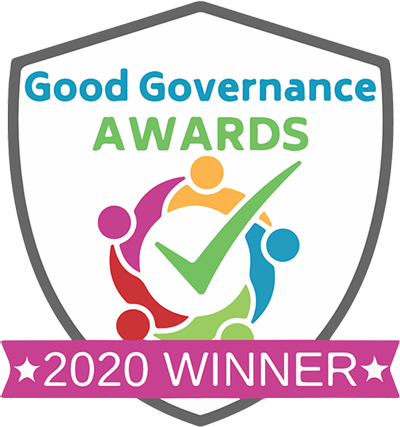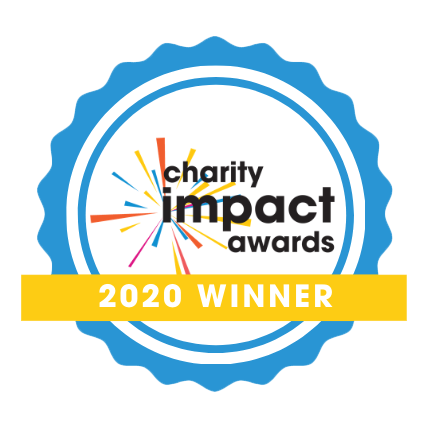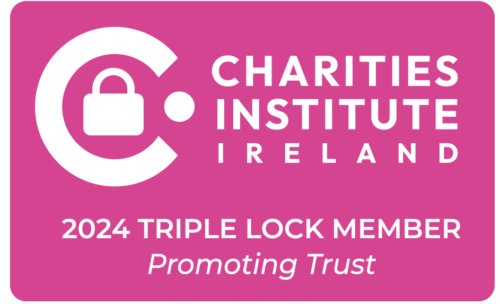Great article in the October issue of the Irish Nurses and Midwives Organisation WIN magazine featuring our Liaison Nurse Marie Bowen who outlines the the special role of our specialist children’s nurses within Jack & Jill Foundation
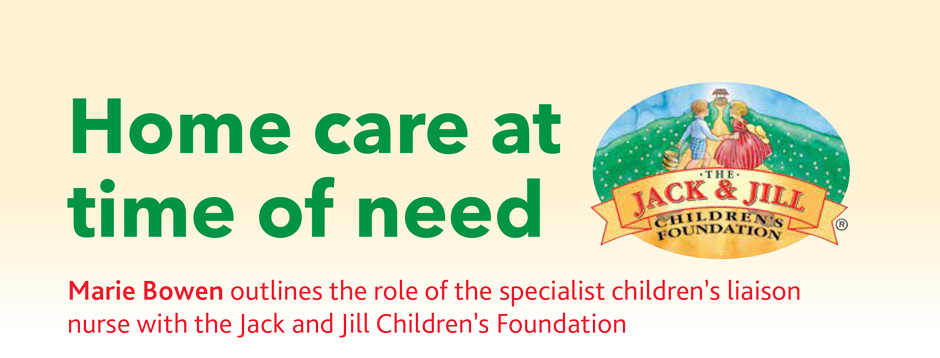
The Jack and Jill Children’s Foundation is a registered charity. Established in 1997 by Jonathan Irwin and his wife Mary Ann O‘Brien, this charity was set up because of their own experience in caring for their son Jack at home until his death at the age of 22 months. This experience became the blueprint for the Jack and Jill model of home nursing care for children.
The service offers support to families who have children up to four years of age with severe to profound developmental delay. The Foundation also provides end of life home nursing support and care for all children up to the age of four. Referrals to the service are accepted from professionals and families alike.
The Jack and Jill nursing team consists of 12 specialist children’s liaison nurses (SCLN), who provide a nationwide cohesive service. The nursing team brings a wealth of experience in numerous disciplines including disability, neurology, cardiac, renal, ICU, respiratory, primary care, bereavement and risk management.
The role of the SCLN within the Jack and Jill Children’s Foundation is multifaceted, providing expert specialist care and advice. Direct funding is provided to families to source in-home nursing or home support hours. This has been described as the ‘gift of time’. This is a flexible, family- led service giving choice and autonomy to families. The respite enables parents to partake in normal, everyday activities with siblings, family and friends.
Much of the SCLN’s role involves emotional support, advocacy, practical advice and guidance. Often, we can and do provide ‘hands-on’ care for the child. We work as part of the inter-professional teams, linking and liaising with the public health nurses, GPs, children’s outreach nurses, disability teams, hospital, hospice, home care teams and voluntary organisations.
We assist parents in organising and co-ordinating their respite service, while also liaising and supporting the nurses and carers working in the home. We are enormously grateful to the nurses and carers who provide the care of our respite services.
Each SCLN manages their own caseload within a designated geographical region. Home visits and regular telephone contact are part of the service provided allowing us to develop good therapeutic relationships with the families.(1)
Families of children with life-limiting conditions and complex care needs are often overwhelmed by the situation in which they find themselves following a devastating diagnosis. The SCLN acknowledges the unique nature of each child and their family, guiding and empowering them to access all entitlements, services and supports available to them. The role of the SCLN is a constant in these families’ lives where everything else appears unfamiliar and uncertain.
Children with life limiting conditions may also have complex medical care needs thus the trajectory of their illness is unpredictable. Many of the children we support require palliative care and end of life specialist care. Excellent listening and communication skills are essential in order to adequately support families, empowering them to make informed choices around their child and family’s wishes.(2)
We aim to provide effective and personalised end of life care for the child and their family. Our care extends beyond death and into bereavement as long as the family require this support. Families are also informed of bereavement supports available via the community or hospital/ hospice services.
The SCLN receives clinical supervision in line with continuous professional development recommendations. This is an important element in the provision of selfcare by allowing the SCLN an opportunity to reflect on practice.3 It also aids in both personal and professional growth while providing professional support and reducing the risks of burnout.
The team operates a ‘buddy system’ to cover each other’s annual leave and to be available out of hours if a family with a child at end of life needs assistance. The team has been involved directly in the development of national policy and has been instrumental in the evolving paediatric palliative care movement.
The Foundation has also been influential in lobbying the government to amend the entitlement for domiciliary care allowance from two years of age to birth or time of diagnosis and we are currently negotiating the rights to medical cards for all sick children in their own right.
Jack and Jill hosts an annual family day in Kilmainham, specifically designed for siblings and families to meet. This is a wonderful day out for the whole family. We also hold an annual ‘Remembrance Day’, facilitated by trained personnel. Parents, siblings and extended family are invited to attend.
Our 18 years’ experience in the community enables us to empower families to care for their sick child at home and assists them to make informed choices around their care throughout their lives and at the end of life. We would like to acknowledge that parents are the experts in the care of their child and they are often the only people who fully understand their child’s needs.
The Jack and Jill mission statement is: “We endeavour to help families’ lives by engaging with the child and family to empower them and give them the choice to care for the child at home, often in extraordinary circumstances with extraordinary responsibilities.”
—————————————————————————-
Marie Bowen is a liaison nurse with the Jack and Jill
Children’s Foundation, www.jackandjill.ie
References on request from [email protected]
(Quote Bowen, WIN 2015 ; 23 (8): 63)
